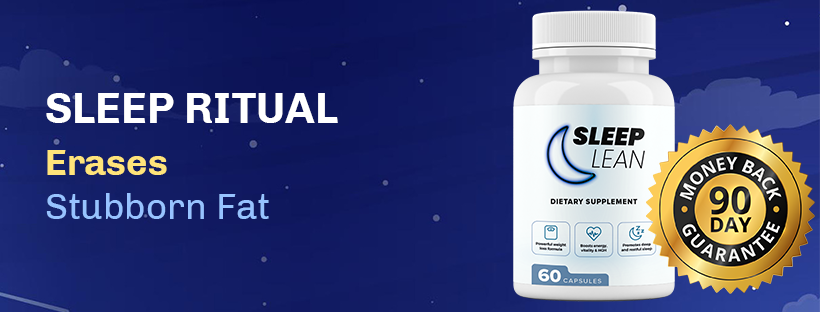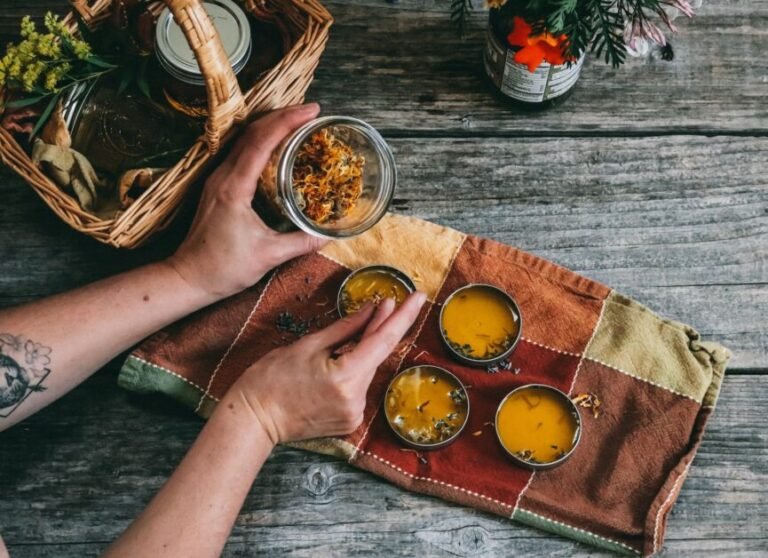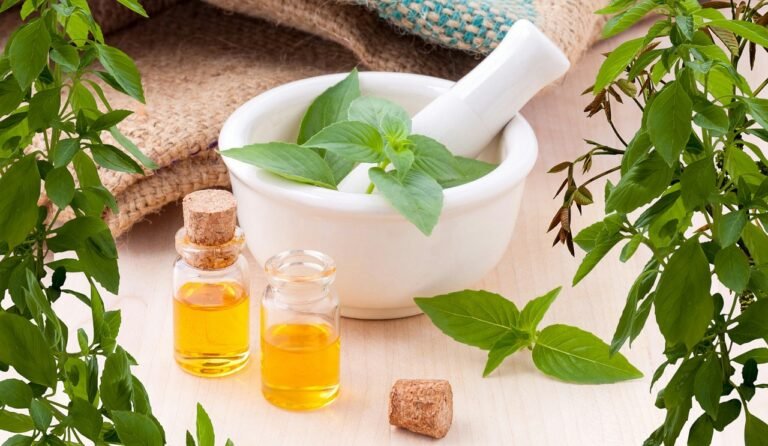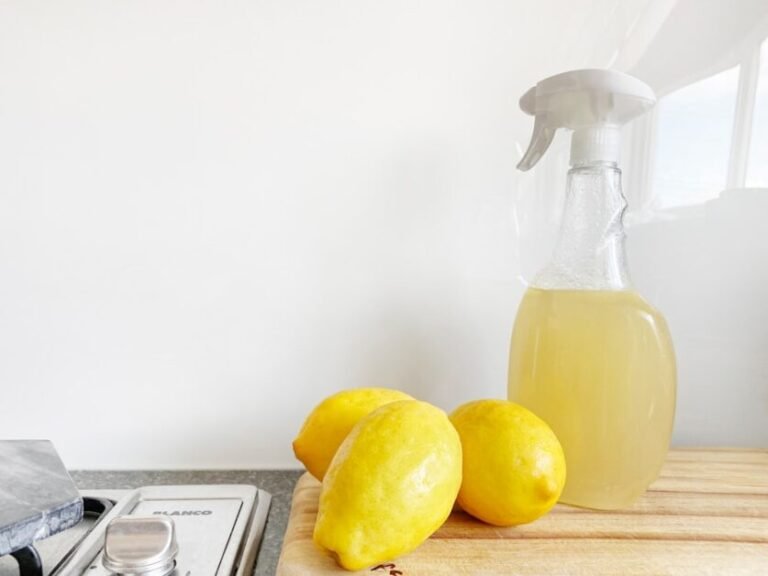The Science Behind Home Remedies: Separating Fact from Fiction
In recent years, there has been a significant rise in the popularity of home remedies. People are increasingly turning to natural and holistic health practices as an alternative to traditional medicine. There are several reasons why home remedies have gained such popularity.
Firstly, the convenience and accessibility of home remedies make them an attractive option for many. Most home remedies use ingredients that are readily available in the kitchen or can be easily obtained from a local grocery store. This makes it convenient for individuals to try out these remedies without having to make a trip to the doctor or pharmacy.
Secondly, there is a growing desire for alternative options to traditional medicine. Many people are seeking natural and holistic approaches to health and wellness, as they believe that these methods are gentler on the body and have fewer side effects. Home remedies provide individuals with the opportunity to take control of their own health and explore different options outside of conventional medicine.
The Role of Traditional Medicine in Home Remedies
Traditional medicine plays a significant role in the development of home remedies. Many home remedies have their roots in cultural and historical practices that have been passed down through generations. These traditional practices often involve the use of herbs, spices, and other natural ingredients to treat various ailments.
In modern times, traditional medicine has been integrated into home remedies in a more systematic and scientific manner. Researchers and healthcare professionals have studied the efficacy of traditional remedies and have identified the active compounds responsible for their healing properties. This integration of traditional medicine into modern home remedies has provided individuals with a wider range of options for self-care.
However, it is important to note that while home remedies can be effective for certain conditions, they are not a substitute for professional medical advice. It is always advisable to consult with a healthcare professional before trying any new remedy, especially if you have an underlying health condition or are taking medication.
Understanding the Placebo Effect
One of the factors that contribute to the effectiveness of home remedies is the placebo effect. The placebo effect refers to the psychological impact of belief on healing. When individuals believe that a particular remedy will work, their mind and body respond accordingly, leading to perceived improvements in their condition.
The placebo effect can have both benefits and limitations. On one hand, it can provide temporary relief and improve subjective symptoms such as pain or discomfort. This can be particularly helpful for conditions that are influenced by psychological factors, such as stress or anxiety.
On the other hand, the placebo effect should not be mistaken for true healing. It is important to distinguish between the placebo effect and actual physiological changes in the body. While home remedies may provide temporary relief, they may not address the underlying cause of the condition or provide long-term solutions.
The Science of Herbal Remedies
Herbal remedies are a common form of home remedy that utilizes the medicinal properties of plants. Many herbs contain chemical compounds that have been shown to have therapeutic effects on the body. For example, chamomile has anti-inflammatory properties, while peppermint has been found to relieve digestive issues.
The potential benefits of herbal remedies are vast, ranging from pain relief to immune support. However, it is important to note that herbal remedies also come with potential risks. Some herbs may interact with medications or have adverse effects on certain individuals. It is crucial to research and understand the potential risks and benefits of any herbal remedy before using it.
Proper dosage and preparation are also essential when using herbal remedies. Different herbs require different methods of preparation, such as brewing teas or making tinctures. It is important to follow instructions carefully and consult with a healthcare professional if you are unsure about the appropriate dosage or preparation method.
The Benefits and Risks of Essential Oils
Essential oils are highly concentrated plant extracts that are used in aromatherapy and other home remedies. These oils contain the therapeutic properties of the plants from which they are derived. For example, lavender essential oil is known for its calming and relaxing effects, while tea tree oil has antimicrobial properties.
When used properly, essential oils can provide a range of benefits, such as stress relief, improved sleep, and enhanced mood. However, it is important to use essential oils with caution, as they can also have potential risks and side effects. Some essential oils may cause skin irritation or allergic reactions in certain individuals. It is important to dilute essential oils properly and perform a patch test before using them on the skin.
Furthermore, essential oils should never be ingested unless under the guidance of a qualified healthcare professional. Ingesting essential oils can be toxic and harmful to the body. It is always advisable to consult with a healthcare professional or aromatherapist before using essential oils.
The Truth About Detox Diets and Cleanses
Detox diets and cleanses have gained popularity in recent years as a way to rid the body of toxins and promote overall health. These diets often involve restricting certain foods or consuming specific juices or supplements for a period of time.
The science behind detoxification is complex and not fully understood. While the body does have natural detoxification processes, such as liver and kidney function, there is limited evidence to support the effectiveness of detox diets and cleanses in removing toxins from the body.
Detox diets and cleanses can have potential benefits, such as weight loss and improved digestion. However, they also come with potential risks, such as nutrient deficiencies and electrolyte imbalances. It is important to approach detoxification with a balanced and sustainable approach, focusing on nourishing the body with whole foods and supporting its natural detoxification processes.
The Effectiveness of Honey for Coughs and Wounds
Honey has been used for centuries as a natural remedy for coughs and wounds. It has antibacterial and anti-inflammatory properties that can help soothe a sore throat and promote wound healing.
The antibacterial properties of honey are due to its low water content and acidic pH, which create an inhospitable environment for bacteria to thrive. The anti-inflammatory properties of honey can help reduce inflammation and promote healing.
When using honey for coughs, it is important to choose high-quality, raw honey. Processed honey may not have the same therapeutic properties as raw honey, as it may have been heated or filtered, which can destroy or remove some of the beneficial compounds.
For wound healing, honey can be applied topically to the affected area. It is important to clean the wound thoroughly before applying honey and cover it with a sterile dressing. However, it is important to note that honey should not be used on deep or infected wounds, as it may delay proper medical treatment.
The Use of Garlic for Heart Health and Immunity
Garlic is a popular home remedy that has been used for centuries for its cardiovascular and immune-boosting properties. Garlic contains sulfur compounds that have been shown to have antioxidant and anti-inflammatory effects on the body.
The cardiovascular benefits of garlic are attributed to its ability to lower blood pressure and cholesterol levels. It can also help improve blood circulation and reduce the risk of blood clots. Garlic has also been shown to have immune-boosting effects, helping to strengthen the body’s natural defense mechanisms.
While garlic can provide potential benefits for heart health and immunity, it is important to use it with caution. Garlic can interact with certain medications, such as blood thinners, and may cause gastrointestinal upset in some individuals. It is advisable to consult with a healthcare professional before using garlic as a home remedy, especially if you have an underlying health condition or are taking medication.
The Healing Properties of Turmeric and Ginger
Turmeric and ginger are two spices that are commonly used as home remedies for their anti-inflammatory and antioxidant properties. Turmeric contains a compound called curcumin, which has been shown to have powerful anti-inflammatory effects. Ginger contains gingerol, which also has anti-inflammatory and antioxidant properties.
The anti-inflammatory properties of turmeric and ginger make them popular remedies for conditions such as arthritis and digestive issues. They can help reduce pain and inflammation in the body, promoting overall health and well-being.
However, it is important to note that the potential benefits of turmeric and ginger as home remedies may vary depending on the individual and the specific condition. It is also important to use these spices in moderation and consult with a healthcare professional if you have any concerns or underlying health conditions.
The Dangers of DIY Remedies and Misinformation
While home remedies can be effective for certain conditions, it is important to be cautious when using DIY remedies or relying on misinformation. Some remedies may not have been properly tested or researched, and their safety and efficacy may be unknown.
Using untested or improperly prepared remedies can have potential risks and side effects. For example, certain herbs may interact with medications or have adverse effects on certain individuals. Essential oils can cause skin irritation or allergic reactions if not used properly. It is crucial to research and understand the potential risks and benefits of any home remedy before using it.
It is also important to rely on reliable sources and expert advice when seeking information about home remedies. There is a lot of misinformation available online, and it can be difficult to distinguish between reliable sources and pseudoscience. Consulting with a healthcare professional or qualified herbalist can provide you with accurate information and guidance.
Making Informed Decisions About Home Remedies
In conclusion, home remedies have gained popularity due to the rise of natural and holistic health practices, the convenience and accessibility they offer, and the desire for alternative options to traditional medicine. Traditional medicine plays a significant role in the development of home remedies, and it is important to consult with a healthcare professional before trying any new remedy.
Understanding the placebo effect, the science of herbal remedies, the benefits and risks of essential oils, and the truth about detox diets and cleanses can help individuals make informed decisions about home remedies. It is important to approach home remedies with caution, understanding the potential risks and limitations. Integrating home remedies into a balanced and holistic approach to health and wellness can provide individuals with additional options for self-care.









